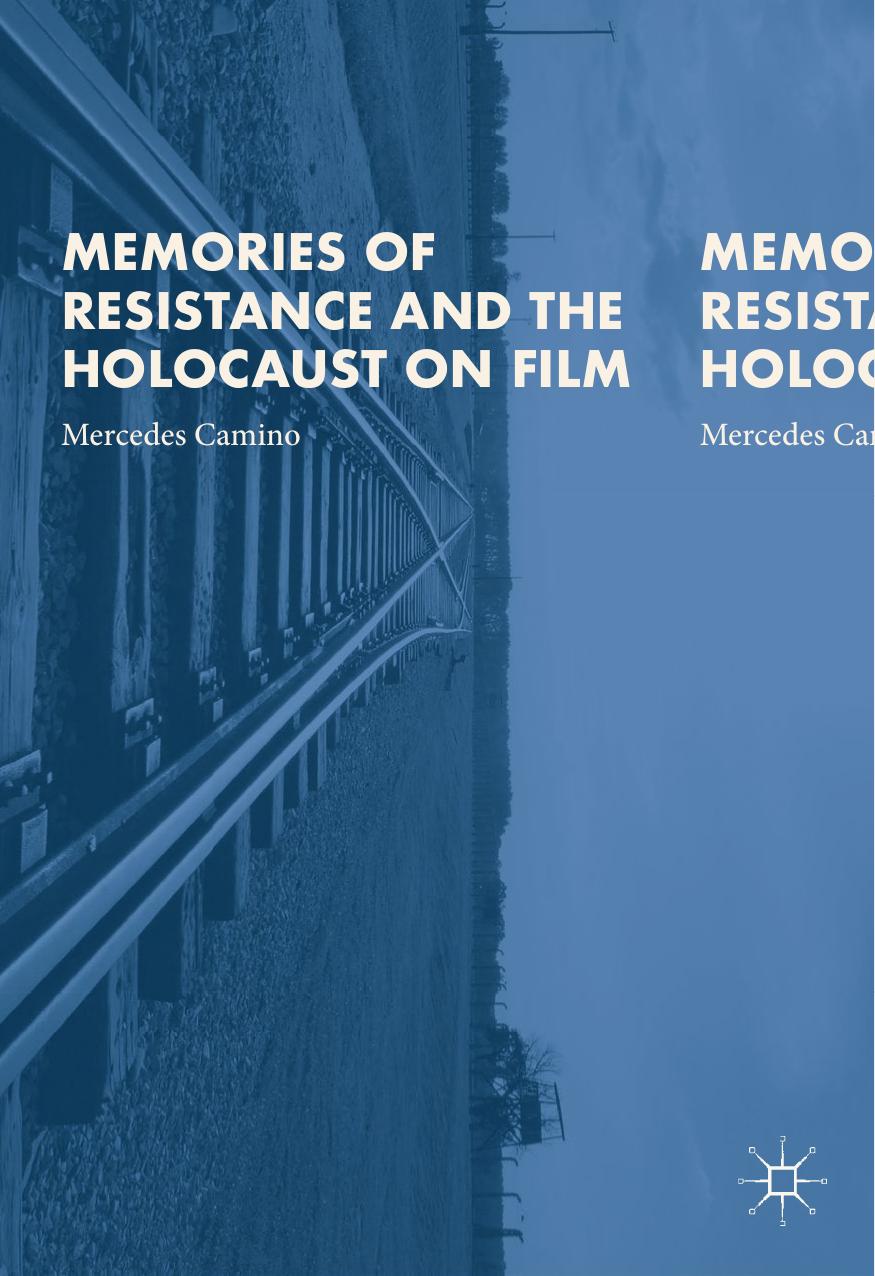Memories of Resistance and the Holocaust on Film by Mercedes Camino

Author:Mercedes Camino
Language: eng
Format: epub, pdf
Publisher: Palgrave Macmillan UK, London
Lucien’s attitude towards collaboration is as casual as his antisemitism . He asks Albert whether it is true that Jews are enemies of France and exploits him and his family, but he is also a saviour to France and Bella at the film’s end. His conflicting approach is very much a reflection of a widespread outlook in early-twentieth century Europe . While few admitted to be overtly antisemitic, claiming to be friends with Jews or to hold no personal animosity against them, many held long-standing prejudices about Jews in professions, such as bankers, doctors and lawyers. The Christian view of Jewish greed seen in The Merchant of Venice or The Jew of Malta was never far from the surface, as was the accusation of having murdered Jesus Christ. Indeed, very few actively opposed the round-ups of Jews, while some benefited from their plight and deportation. One striking example of this attitude appears in The Sorrow and the Pity and is transformed into a Kafkaesque drama by Joseph Losey in Mr. Klein (1976). When interviewed in the 1960s, Mr Klein of Clermont-Ferrand defended an advertisement that he had placed in a right-wing newspaper claiming to have a long Christian lineage. Fearing that his Jewish-sounding name could affect his business, Mr Klein clarified that his family had not only been Christian since time immemorial, but had fought in the First World War . Mr Klein also affirmed not to have collaborated or harboured antisemitic feelings, which he substantiated with reference to Jewish acquaintances or friends. Ophuls thus managed to link claims of ‘old Christianity’ with French nationalism and with support for Petain and the Marshal’s conservative view of France and Frenchness, which implicitly excluded the country’s Jews.
Although the source of Losey’s film is unclear, Ophuls’ , in The Sorrow and the Pity, is thought to have inspired either the character or its name. Like Mr Klein in Ophuls’ documentary, the main protagonist of Losey’s Mr. Klein does not collaborate overtly, as Marcello Clerici or Lucien Lacombe do in The Conformist and Lacombe Lucien respectively. Losey’s Klein, however, benefits directly from the plight of French Jews, from whom he buys works of art at low prices. After one of his unscrupulous deals takes place, Klein receives the local Jewish newspaper addressed to him, which he considers initially to be mistaken. Klein’s subsequent efforts to ‘clear his name’ only lead others to believe that he is trying to hide his true identity, and he finds himself increasingly mistrusted and avoided by his former friends. Eventually, Klein finds himself in the position of those he had exploited, while he starts to doubt his true identity. The Kafkaesque plot in which he is involved leads him to become a victim of a round-up of Jews, and the film closes when he is pushed onto a carriage in a train alongside other Jews, including one of his previous customers. When the doors are locked, we see a close-up of Klein’s face behind the barred window, with the
Download
Memories of Resistance and the Holocaust on Film by Mercedes Camino.pdf
This site does not store any files on its server. We only index and link to content provided by other sites. Please contact the content providers to delete copyright contents if any and email us, we'll remove relevant links or contents immediately.
Call Me by Your Name by André Aciman(20516)
Ready Player One by Cline Ernest(14675)
How to Be a Bawse: A Guide to Conquering Life by Lilly Singh(7486)
Wiseguy by Nicholas Pileggi(5786)
The Kite Runner by Khaled Hosseini(5179)
On Writing A Memoir of the Craft by Stephen King(4944)
Audition by Ryu Murakami(4930)
The Crown by Robert Lacey(4817)
Call me by your name by Andre Aciman(4684)
Gerald's Game by Stephen King(4654)
Harry Potter and the Cursed Child: The Journey by Harry Potter Theatrical Productions(4506)
Dialogue by Robert McKee(4404)
The Perils of Being Moderately Famous by Soha Ali Khan(4220)
Dynamic Alignment Through Imagery by Eric Franklin(4217)
Apollo 8 by Jeffrey Kluger(3709)
The Inner Game of Tennis by W. Timothy Gallwey(3687)
Seriously... I'm Kidding by Ellen DeGeneres(3633)
How to be Champion: My Autobiography by Sarah Millican(3593)
Darker by E L James(3516)
